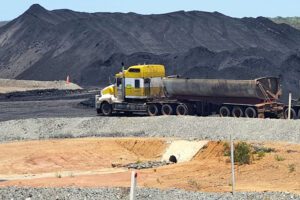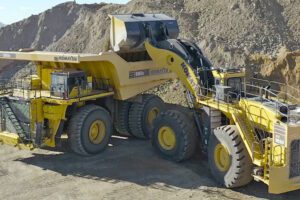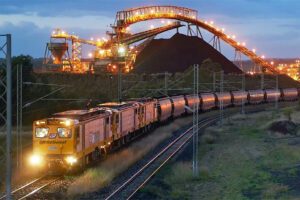Queensland’s rapidly-growing petroleum and gas industry is being asked for its views on a new fee structure that aims to make compliance simpler, and provide a stable funding base to deliver critical safety and health functions.
Minister for Natural Resources and Mines, Andrew Cripps, encouraged industry to provide comment on a discussion paper called, ‘Petroleum and Gas Safety and Health Fee – Post Implementation Review and Regulatory Impact Statement.’
“An adjusted Petroleum and Gas Safety and Health Fee would better reflect the range and level of compliance checks required for various industry activities,” Mr Cripps said.
“The petroleum and gas industry operates in an environment that requires risk to be managed carefully by a professionally and well-resourced inspectorate administered by the Department of Natural Resources and Mines.
“The inspectorate carries out audits, inspections and investigations of petroleum exploration and production, pipelines, automotive LPG, gas users, and licensing for the installation and servicing of domestic, commercial and industrial gas devices.
“We believe this proposed fee restructure will enable costs to be recovered appropriately in proportion to the supervision and intervention required by the inspectorate in areas such as exploration, production and distribution.
“That will assist the industry to cover the full cost of running the specialist inspectorate as we assist in reducing the industry’s compliance costs.”
Mr Cripps said the Petroleum and Gas Safety and Health Fee is expected to raise about $7.1 million next financial year.
“The fee pays for the employment of additional inspectors, continuous staff training and effective administration of the compliance service they provide to the industry,” he said.
“Inspectors conducted almost 3,500 audits and inspections last financial year, helping to prevent accidents and incidents in the industry.
“Their task has been made more challenging by the expansion of the coal seam gas industry, so the fee adjustment will enable our services to meet this growth.”
Commissioner for Mine Safety and Health, Stewart Bell, said the potential safety risks involved in petroleum and gas industry activities meant an appropriately funded inspectorate was critical.
“Petroleum and gas inspectors investigated almost 530 accidents and incidents in 2011-12, involving more than 50 injuries but no fatalities,” Mr Bell said.
“Queensland has world renowned mine safety and health standards, and we need to ensure the safety of our workers through the maintenance of this standard.”
Mr Cripps said the proposed revised system is detailed in a Regulatory Impact Statement, on which industry stakeholders are now being consulted.
“Proposed measures include annual returns instead of quarterly reports and a better explanation of the 15 fee categories used to determine companies’ fees.
“For example, one fee category that currently applies to small businesses involved in the collection, transportation and filling of liquid petroleum gas, will be abolished, saving those businesses money.
“These changes are based on feedback to the Queensland Government through consultation with industry operators.”
For more information visit mines.industry.qld.gov.au/safety-and-health/petroleum-gas-safety-health-fee.htm.













Add Comment